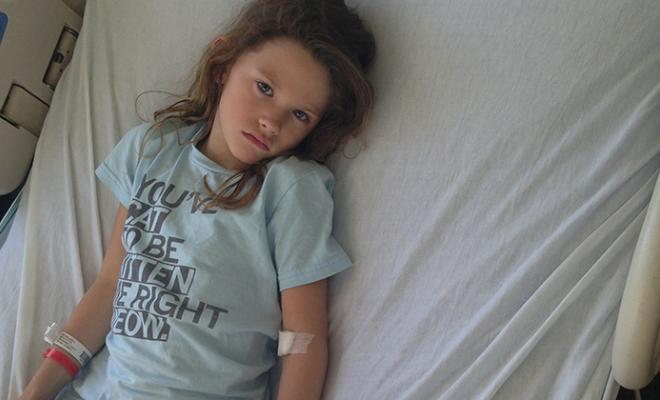Most of you already know that Trikafta™, a breakthrough combination of three modulators that target the defective protein that causes cystic fibrosis, was approved by the U.S. Food and Drug Administration on Oct. 21. Those of us who have at least one copy of the F508del mutation, which is about 90 percent of the CF population, will be eligible to try it once approval is expanded to all age groups.
The results thus far have been hugely promising as many clinical trial participants experienced an increase in lung function, a decrease in exacerbations, and in many cases it has drastically improved overall quality of life. All of that, however, is not a guarantee that the drug will have the same effects for everyone, and the positive effects reported by others don't mean all our bodies will be able to tolerate it. We each have to do our best to determine if and how it can benefit us.
To someone not stuck in a loop of sickness, recovery, and managing symptoms, it can seem like the math is easy: Sick + new treatment = better.
But better is relative to where you were starting from and each person's experience with CF is unique. Therefore, managing expectations is a major component to this equation.
For some of us better would be the ability to make it through a trip to the grocery store without having a coughing attack. Or another worthwhile improvement would be to not need supplemental oxygen, which would allow us to move about more freely without cords, tanks, and the appearance of being sick. Better could also mean fewer hospital admissions and/or a lessening of anxiety-induced hypervigilance in coping with our disease progression. And some of us will hopefully find ourselves being able to return to work or school, start a family, and/or fulfill some big life goals.
It's important to understand that new treatments are often packaged within language such as: maybe, hopefully, possibly, and soon. When these words are coupled with other alluring terms -- such as more, better, and longer -- the imagination can't help entertaining stories of what could be. “Maybe” the new drug could help me feel “better.” “Hopefully,” it will enable me to do “more.” “Maybe” it could “possibly” even allow me to put off transplant “longer,” or at least add some years to my life. When can I get my hands on this drug? Soon. When could I start to see results? Also soon.
If you'll notice, nothing that I just said painted an exact picture of anything. Like a good PR campaign, all the words are subjective, abstract, and opaque. At the most they give us permission to move our imagination toward positive outcomes rather than negative ones. Ultimately, these words act as more of a Rorschach test than as a definitive picture of one's future life. Because, just like a Rorschach, we each see what we want to see. It doesn't describe anything of physical substance beyond our own subconscious biases.
We cannot know if or what Trikafta will allow us to do prior to starting it. All of us, no matter our health, have to learn to navigate hope and statistics with fear and open ourselves up to possible disappointment. The people who don't respond to the treatment, have horrible side effects, or absolutely cannot take it, are part of the math that we have to calculate. Are we willing to risk hope and our bodies for an unknown better?
For many of us the answer is an unequivocal YES. But it's personal. We all have our own path to walk with this disease.
Therefore, if you are someone supporting a person with CF who can take Trikafta, please don't just hope for better and only ask, “Is it working?” Instead, step back and ask about how they are holding hope and what they hope better can mean for them.
Give them space to tell you all the ways this news is exciting, frustrating, scary, and/or guilt-inducing. This medication, like all the ones before and after it, is not a beginning or end, but rather part of their journey. We can't let our imaginations distract us from staying current to what is happening in real time in our bodies, hearts, and emotions as we decide to say yes, again, to hope.
Previously shared on Or This Way.





